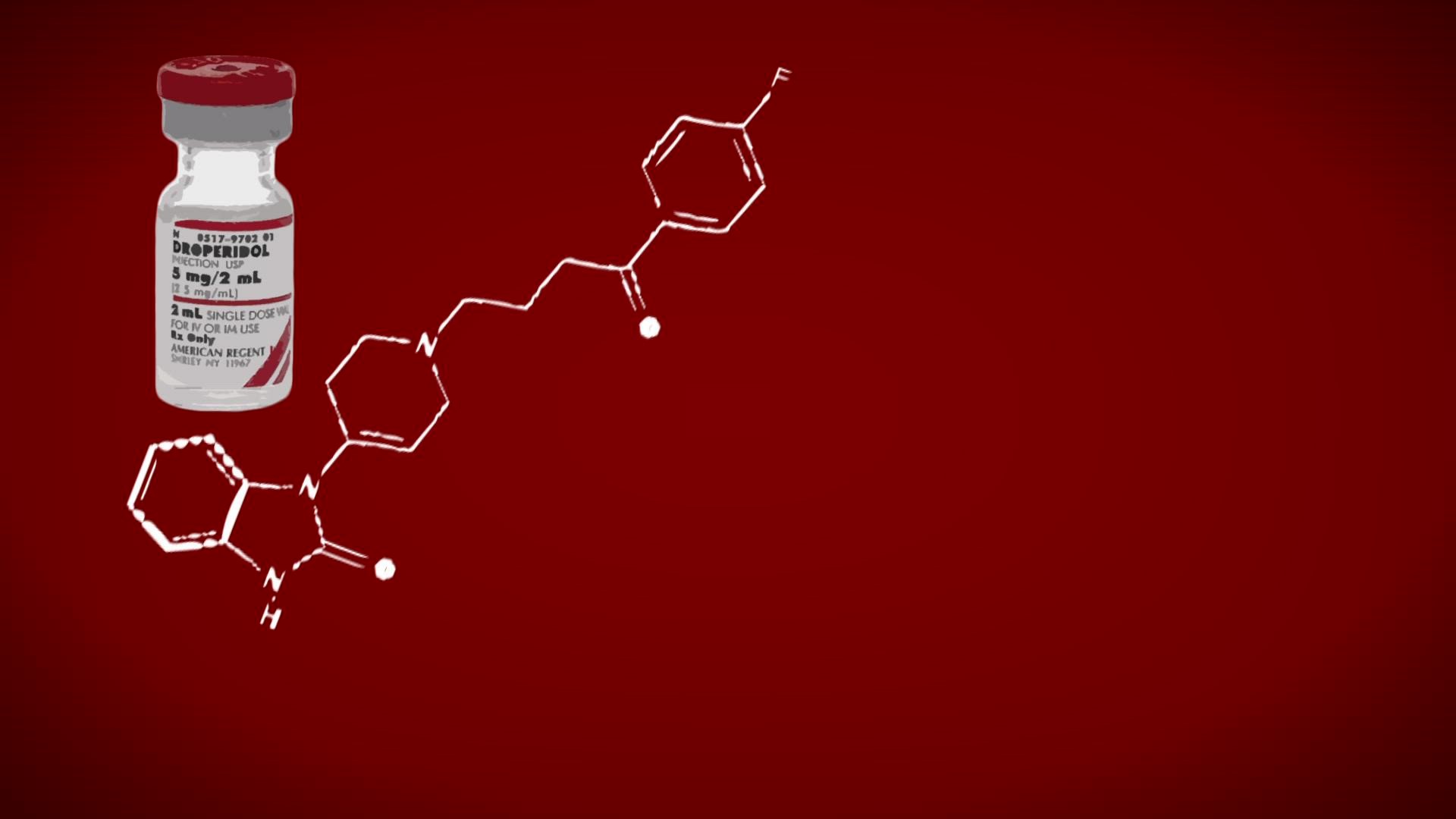AURORA, Colo. — Aurora Fire Rescue is adding a new sedative for EMS to use for the first time since Elijah McClain's death.
The 23-year-old was stopped by Aurora police in 2019. He had done nothing wrong. Officers put him in a carotid hold and paramedics injected him with the sedative ketamine.
In September 2021, a statewide grand jury returned a 32-count indictment against five people – two current Aurora police officers, one former officer and two AFR paramedics. According to the indictment, the paramedics overestimated McClain's weight by roughly 57 pounds and administered a dose of ketamine that was appropriate for a person weighing 77 pounds more than him.
A scathing report from the Colorado Attorney General found Aurora Fire Rescue medics regularly broke the law by administering ketamine when they shouldn’t.
"Aurora Fire relied on a ketamine review process that did not adequately ensure that paramedics follow the legal requirements for administering ketamine," Attorney General Phil Weiser said. "Its review process failed to identify problems when ketamine was inappropriately administered, or it was administered at the request of police in violation of the law."
Aurora Fire Rescue removed the medication from their system and has said they have no plans to reintroduce it.
After McClain's death, state lawmakers passed House Bill 21-1251, which changed how ketamine can be used. It also modified the training requirements for paramedics authorized to use ketamine, and enhanced the reporting and accountability requirements if the medication is administered by EMS personnel.
New sedative added
Now, they will be adding a new sedative called droperidol.
Notes from AFR posted online say the sedative will be used on patients "who pose a risk of harm to themselves, others or EMS providers if they become violent and/or agitated."
Droperidol, according to AFR, will also help EMS "care for a patient with a potentially serious medical condition."
The department plans to provide more information during an Aurora public safety committee meeting at 8:30 a.m. Thursday. That meeting will be live-streamed on the city's YouTube channel.
"Over the last five years we have seen a lot more pre-hospital protocols that are including droperidal," Dr. Comilla Sasson said.
She knows a lot about the drug because she uses it often in the emergency department.
"It is a very potent sedative that can also be used for patients who are delirious, agitated or who are borderline psychotic," she said.
Every six months, AFR says, a team will review the previous six months of calls to assess for any trends or patterns of concern and identify any training needs that should be undertaken.
Dr. Vik Bebarta, an emergency physician at UCHealth and professor of emergency medicine at CU, can't comment on AFR's decision, but he said droperidol is commonly used in his profession.
"It is a different medication completely," he said. "Ketamine is used for procedural sedation and pain and other things. Droperidol is used for nausea, vomiting and sedation."
AFR said it shared information about this medication to the consent decree monitor. They are the independent group tracking the city's progress in meeting certain mandates, like reducing racial disparities in arrests and improving training for officers.
"This presentation by the AFR Medical Director is part of a multi-step approach to encourage awareness, dialogue and education before changes are made to the department’s medical protocols," an AFR spokesperson said.
SUGGESTED VIDEOS: Latest from 9NEWS

